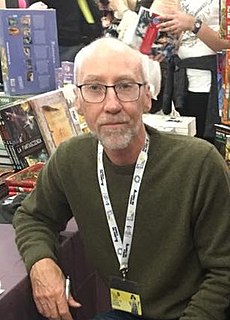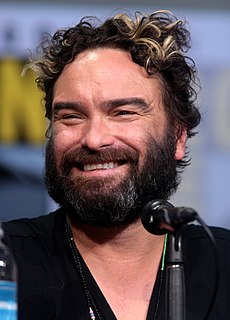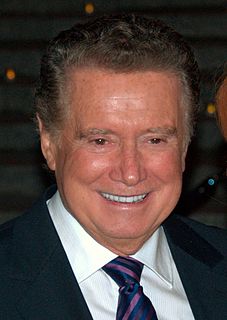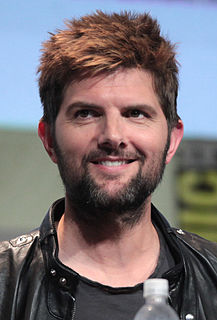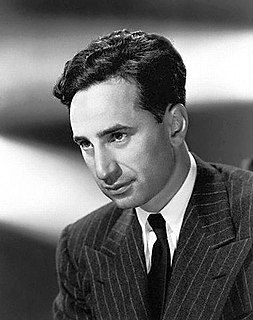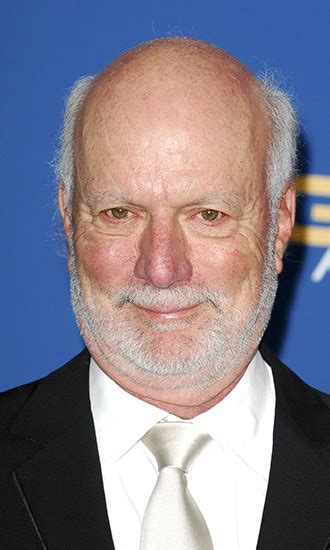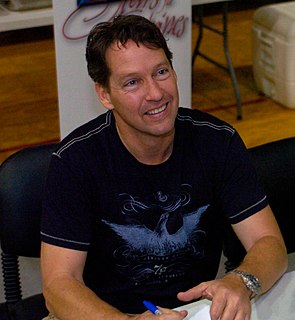A Quote by Rachel Bloom
When a network passes, you really mourn the show. The official state of grief in Hollywood is saying you're taking around a dead pilot.
Related Quotes
I was playing this sort of asshole actor [in The Jenny McCarthy Show]. And we shot the pilot, and it was a guaranteed go. It was going to be 24 [episodes] on the air. No questions from NBC. And we shot the pilot, and I was in Toronto doing a movie, and I got a call saying they cut the character, that I was off the show.
Survivors do not mourn together. They each mourn alone, even when in the same place. Grief is the most solitary of all feelings. Grief isolates, and every ritual, every gesture, every embrace, is a hopeless effort to break through that isolation. None of it works. The forms crumble and dissolve. To face death is to stand alone.
New grief, when it came, you could feel filling the air. It took up all the room there was. The place itself, the whole place, became a reminder of the absence of the hurt or the dead or the missing one. I don't believe that grief passes away. It has its time and place forever. More time is added to it; it becomes a story within a story. But grief and griever alike endure.



